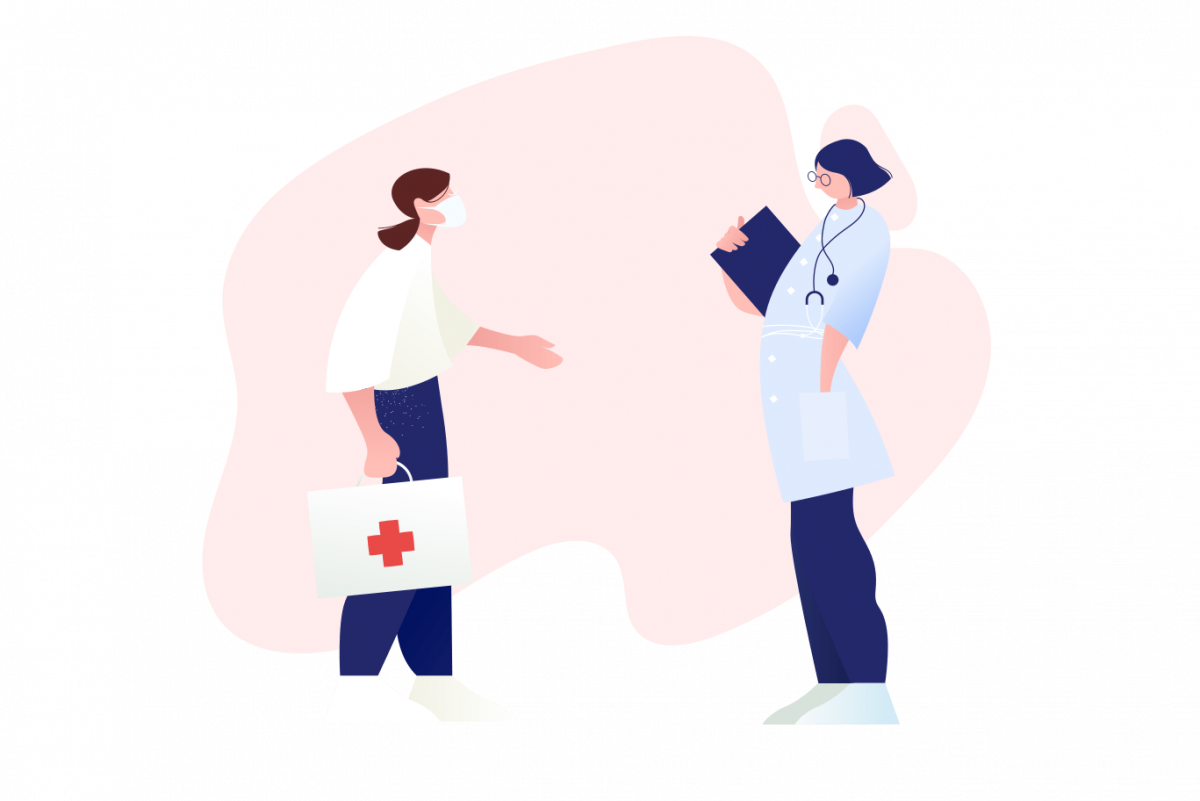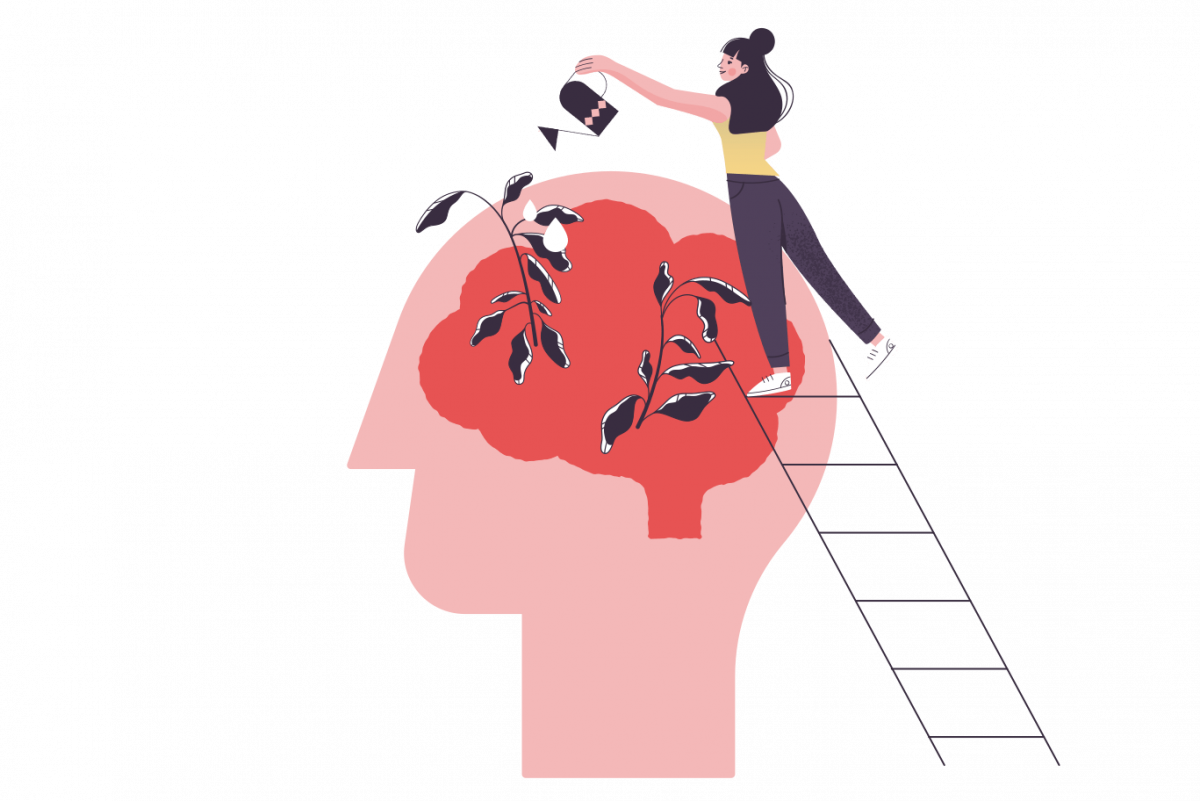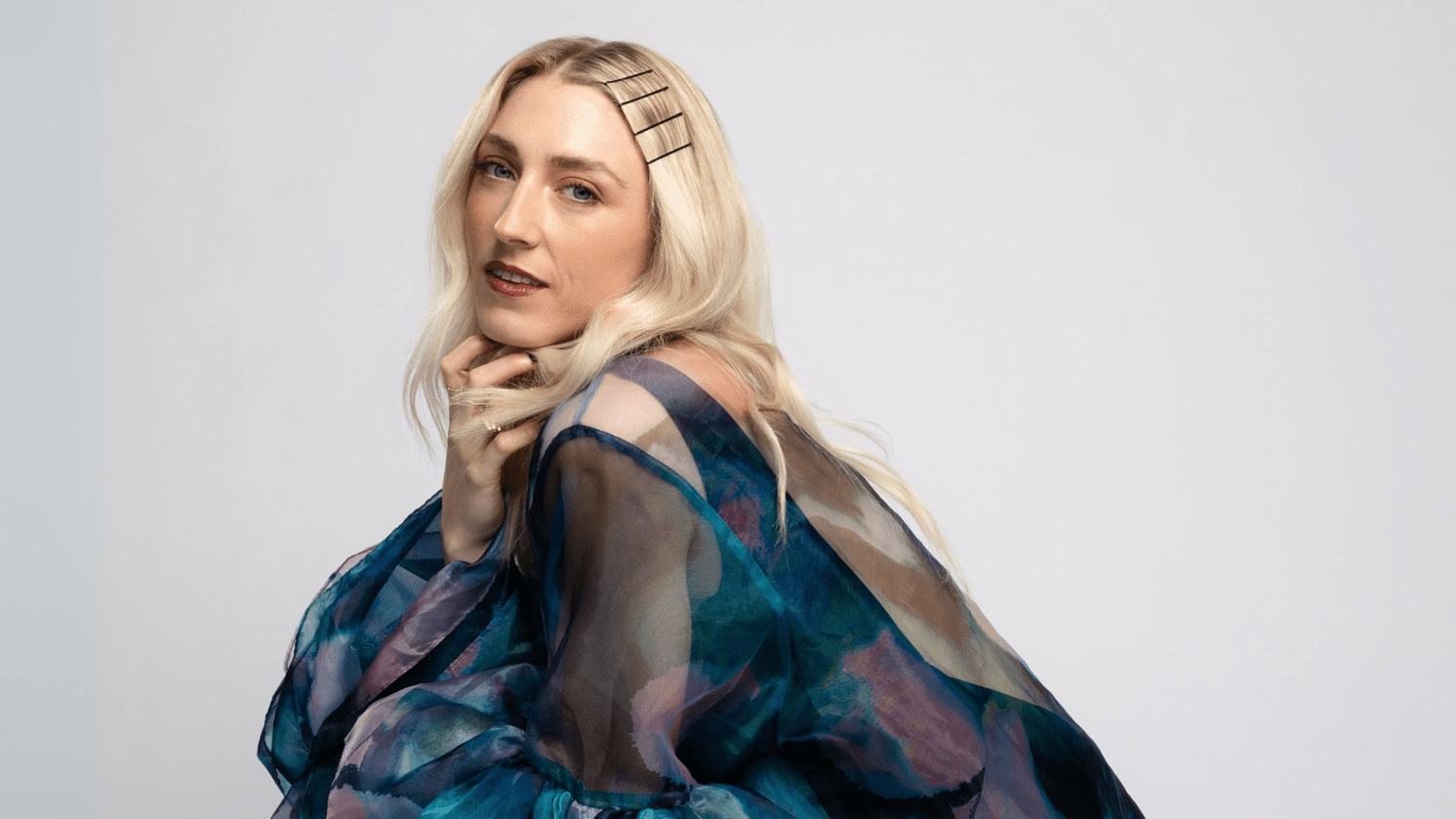[vc_row][vc_column][vc_column_text]Imagine that one afternoon, you’re going about your day and suddenly feel pain in your chest and down your left arm. Cause for concern, right?
Let’s imagine something else: you experience breathlessness, fatigue, nausea, and indigestion. Are you less worried? The former sounds like a heart attack but the latter symptoms do too: they’re called “atypical,” even though they are far from atypical for women. The result is that up until fairly recently, many doctors didn’t recognize that women show very different symptoms when experiencing a heart attack and as such, are more likely to die of a heart attack than a man.
There is a very real gender gap in healthcare. And we’re still discovering how pervasive it is.
Traditionally, science has been done by men on men’s bodies. Scientists would commonly recruit only male subjects, with the idea being that women’s hormones or reproductive organs make things more difficult in the scientific process.
In the area of healthcare where I focus my energy, mental health, there’s an incredibly concerted and exciting movement here in Canada to close the gender gap.
While working with the Centre for Addiction and Mental Health (CAMH), most recently as a Director with CAMH Foundation Board, I became part of a movement to bring more equity to mental healthcare, which will ultimately benefit care and treatment for women facing mental illness but also to help make space for more senior women researchers and scientists.
Women experience depression, anxiety, and trauma to a greater extent than men. As well, we discovered that women in science face biases that men do not as they work to advance their careers.
This is how CAMH womenmind was born—we saw it as an opportunity to help correct these critical issues.
womenmind is a community of people committed to supporting each other and closing this gender gap. Our members connect and engage to help improve the mental health of girls and women by helping women become academic leaders in the field of mental health. We do this by supporting the recruitment of new female scientists, cultivating early career start-up and mentoring programs, leveling gender bias, and spreading the word globally with symposiums that champion women working in mental health.
Since womenmind launched in March 2020, we have had a very full year despite the pandemic, which incidentally has shone a brighter light on gendered mental health inequities. Reports from around the world report that women are disproportionately bearing the brunt.


Thank goodness we’re tracking and studying this because it would otherwise go unreported.
The notion of “we can’t change what we can’t see” is at the heart of womenmind. And that means helping to advance the work and careers of diverse women in science and research. Mentorship is crucial.
Recruitment has begun for a CAMH scientist to lead the Mentorship Program for Women Scientists, a task force charged with creating and designing the program. At a womenmind panel discussion last year, a panelist let it be known she was looking for mentorship from another Black female scientist. At the end of the presentation, Dr. Araba Chintoh, a CAMH psychiatrist and clinician, stepped forward and said to the student, “Here I am!”
To me, this is such a great example of how womenmind has tapped into something extremely powerful: the ability to connect people through better science and more innovation, ultimately leading to improving women’s mental health.
RELATED: These 5 Feminist Brands are Redefining Sexual Wellness
This year, we launched the first womenmind Talent Development Postdoctoral Fellowship Competition in March 2021, with successful candidates projected to start by the end of the year. Plans are in the works to host trainee workshops, networking events, and interactive and cross-disciplinary discussions on specific topics for women in the sciences. We have also begun work on the first annual womenmind Research Symposium & Knowledge Dissemination event to share leading-edge research, spur new collaborations, and build a community of international experts in women’s mental health.
CAMH is also working together with the University of Toronto to recruit the inaugural Treliving Family Chair in Women’s Mental Health, something I am extremely proud of. The role begins this year. In total, funds have now reached $5,545,000, making womenmind one of the most consequential philanthropic communities of our time.
I feel very strongly that better science and innovation will lead to better women’s mental health. When you think about what a healthier sister, daughter, mother—a healthier Canada—can mean, the benefits of womenmind are limitless and far-reaching—economically, socially, environmentally, politically, and beyond.[/vc_column_text][vc_separator][vc_row_inner][vc_column_inner width=”1/3″][vc_single_image image=”22593″ img_size=”200×200″][/vc_column_inner][vc_column_inner width=”2/3″][vc_column_text]About the Author: Sandi Treliving is a committed philanthropist and dedicated advocate for mental health. She is a Director with the CAMH Foundation Board and the Founder of womenmind. Find out how you can get involved today.[/vc_column_text][/vc_column_inner][/vc_row_inner][/vc_column][/vc_row]













